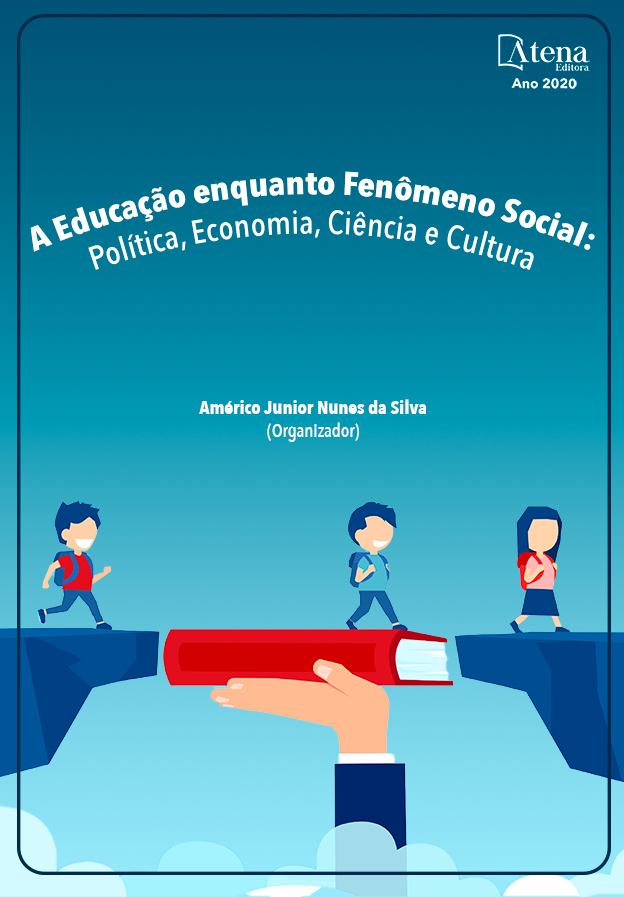
Educar para o cuidado de si e para viver a parrhesía
Da Antiguidade greco-romana e tendo por alusão a necessidade de uma Educação voltada para o cuidado de si e para a parrhesía, apresentamos a importância, em especial, a da figura de Sócrates como educador e a sua metodologia de fomentar no outro, a preocupação consigo mesmo, com o conhecimento e o cuidado de si mesmo, que poderia ser obtido através das práticas de cuidado de si. Tais exercícios espirituais e técnicas de parrhesía possibilitavam dizer a verdade a si mesmo e viver tal verdade, através da coerência entre discurso e prática para um bem viver. Para o momento presente, pensamos que tais ensinamentos podem ser importantes para a atuação docente, quanto ao com cuidado de si, para cuidar do outro em busca de uma psicagogia em que docentes e discentes encontrem sentido na sua vida pessoal, acadêmica e profissional. Este artigo, tem aporte principal as teorias de Michel Foucault e Pierre Hadot, sobre um retorno sobre as fontes socráticas, à parrhesía e, acreditamos que tais lições podem ser relevantes para a relação Professor e Aluno nesse caminhar juntos, de aprendizagem, em que se proporcione o cultivo de si mesmos.
Educar para o cuidado de si e para viver a parrhesía
-
DOI: 10.22533/at.ed.31020091116
-
Palavras-chave: Sócrates; Cuidado de Si; Parrhesía; Educação
-
Keywords: Socrates; Self Care; Parrhesia; Education
-
Abstract:
From Greco-Roman Antiquity and having as reference the need for an Education focused on self-care and parrhesia, we present the importance, in particular, that of the figure of Socrates as an educator and his methodology of fostering in the other, the concern with oneself, with the knowledge and care of oneself, which could be obtained through self-care practices. Such spiritual exercises and techniques of parrhesia made it possible to tell the truth to oneself and to live that truth, through the coherence between speech and practice for a good life. For the present moment, we think that such teachings may be important for the teaching performance, as for taking care of oneself, to take care of the other in search of a psychagogy in which teachers and students find meaning in their personal, academic and professional life. This article has as main contribution the theories of Michel Foucault and Pierre Hadot, about a return on the Socratic sources, to parrhesia and, we believe that such lessons can be relevant for the relation Teacher and Student in this walk together, of learning, in which provide for cultivation of themselves.
-
Número de páginas: 10
- Carlos Roberto da Silveira
- Wagner Gomes Sebastião


